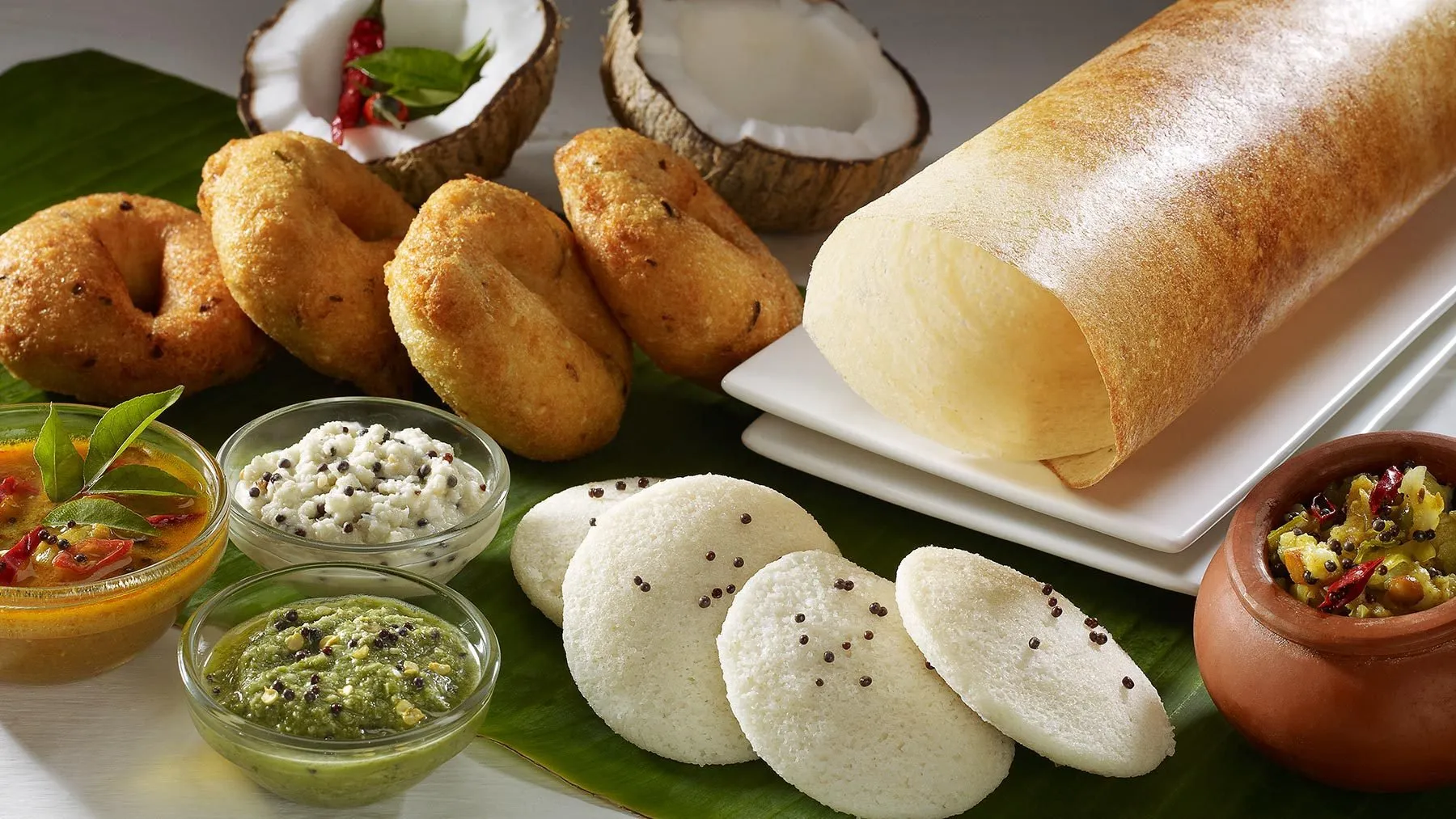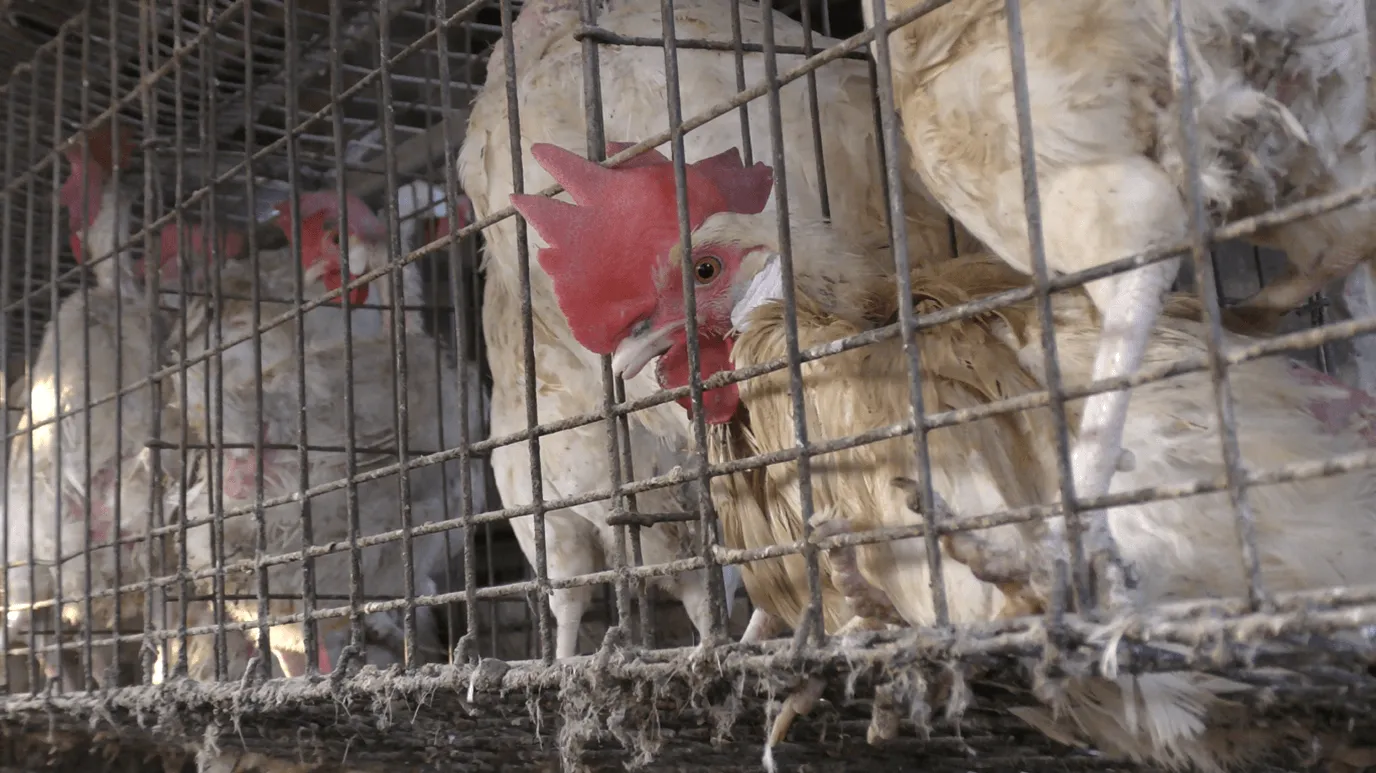
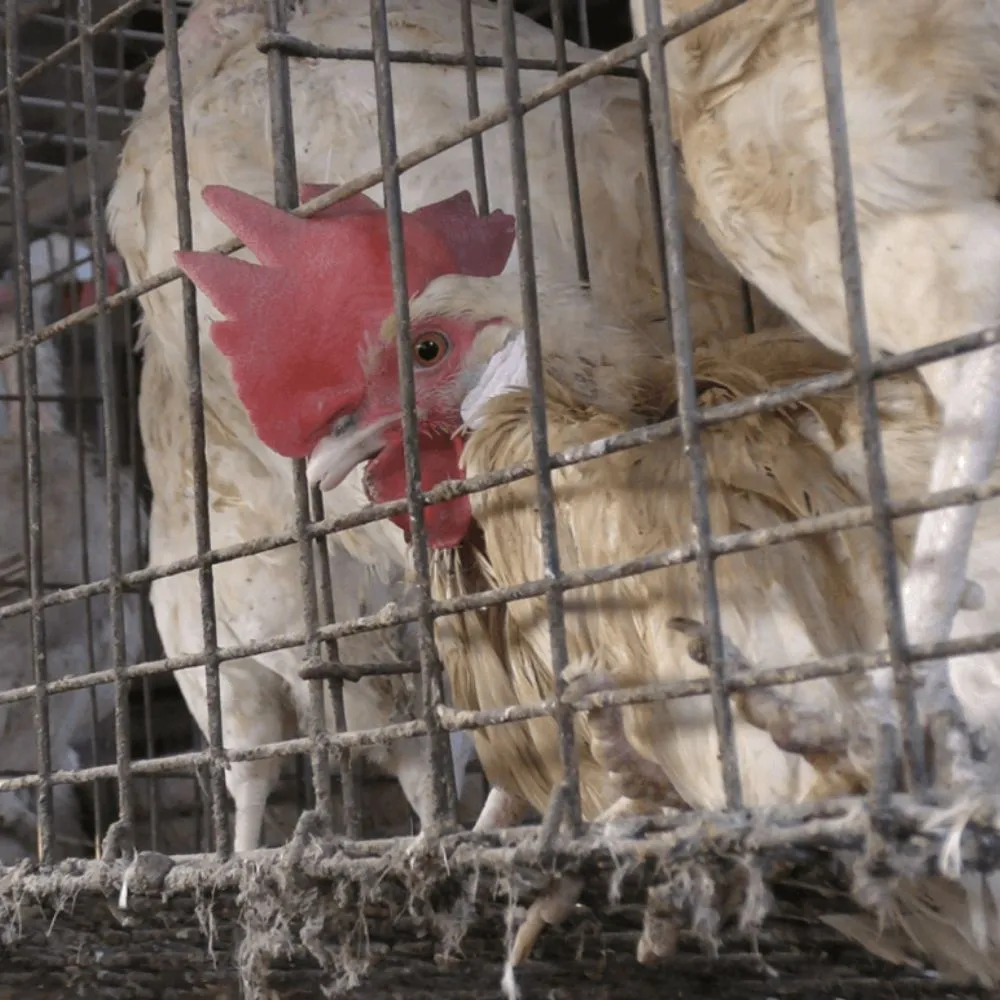
Meat
Animals killed for their meat begin suffering the day they are born. Animal Equality works to end this cruelty.
ANIMALS KILLED FOR MEAT
Chickens, cattle, goats, fish, pigs and other animals raised for food have little to no legal protection from cruelty. Although they are individuals who are capable of thinking and feeling and want to enjoy their lives, they live miserable lives until they are slaughtered all around the world.
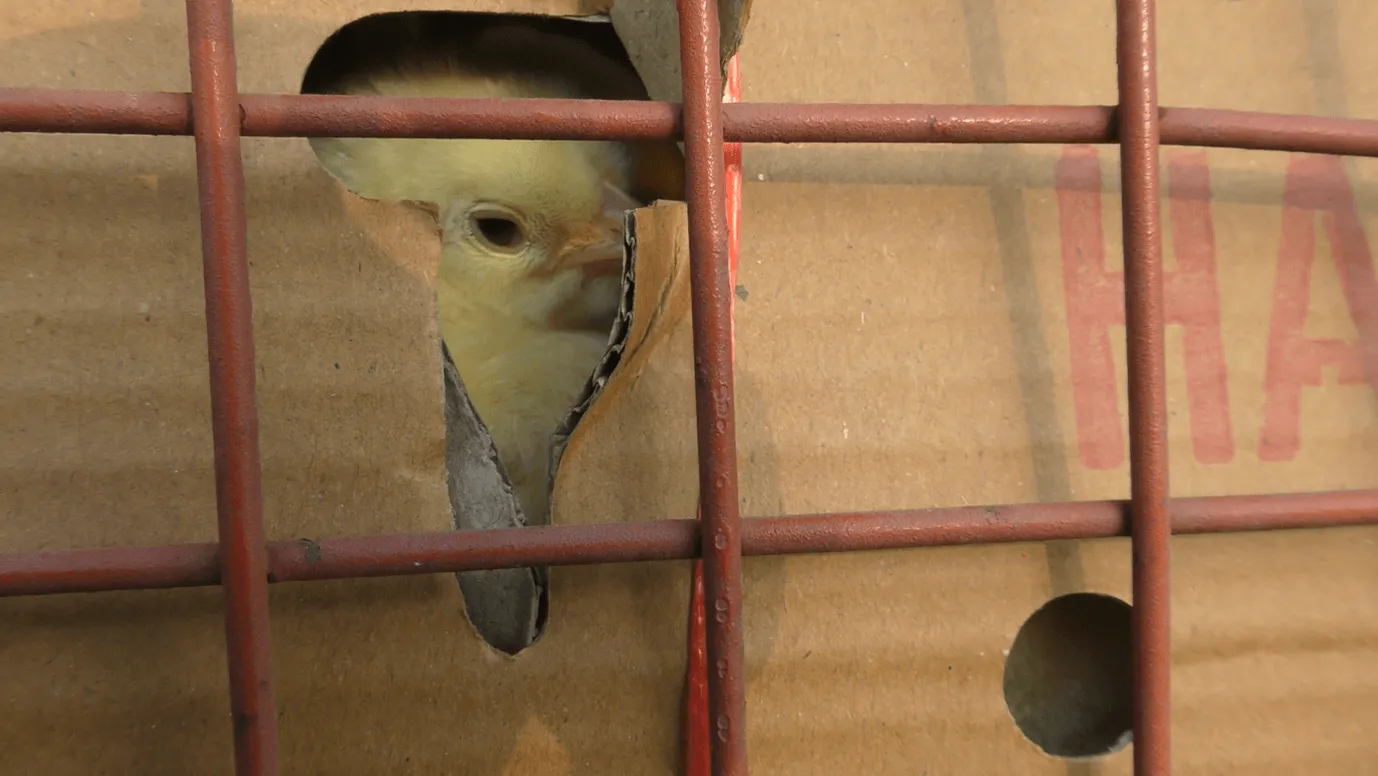
CHICKEN
Chickens are the most abused land animals on the planet. More chickens are raised and killed for food than all goats, pigs and cows combined. Though there are federal laws that protect chickens from abuse – they are frequently violated with little to no repercussions.
Chickens spend their entire lives in filthy conditions. They are bred to grow so large so quickly that their legs and organs cannot keep up, making heart attacks, organ failure, and crippling leg deformities common. Those who survive this miserable existence will typically be slaughtered at just 45 days old.
CATTLE
Cows, bulls and buffaloes are socially complex animals who have friendships and experience pain, fear, and anxiety when beaten or separated from their herd. At cattle markets, unproductive dairy cows and newborn male calves are sold for slaughter. They are not given any food, water or shelter. They are mistreated, kept tied up and up to 30 cattle are crammed in a truck that is meant for 6.
Painful practices are common in the industry. Handlers prod them with sticks or fingers, rub chilly in their eyes, twist and break the tails and drag them by their tails and nose ropes. All of this cruelty occurs before they even reach the slaughterhouse.
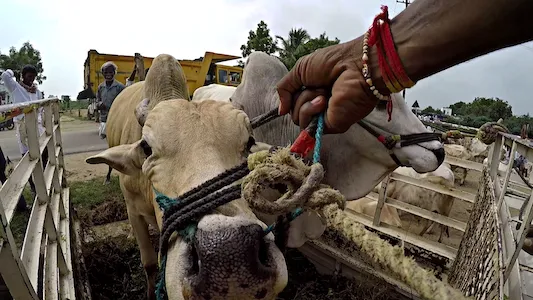
Beyond the Cruelty
The meat industry also has devastating effects on our planet and takes a toll on our health.
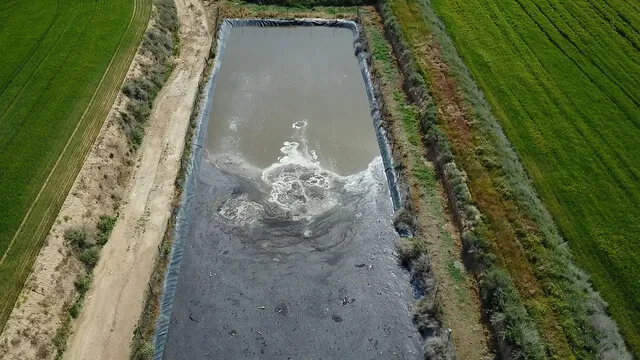
MEAT AND THE ENVIRONMENT
“Raising animals for food requires massive amounts of land, food, energy, and water and causes severe environmental damage.
According to a report by Worldwatch Institute, 51 percent of global greenhouse-gas emissions are caused by animal agriculture. This is more than the pollution from all cars, trucks, trains, and planes combined. According to the United Nations, the world needs to shift away from a diet of animal products in order to combat the worst effects of climate change. “”In a recent submission to a parliamentary committee, it is estimated that climate change costs india 10 Billion dollars.””, reports the Economic Times.
Meat production also uses an enormous amount of water. It’s used to grow crops for animals to eat, clean their enclosures and give animals water to drink. But the industry also creates organic and inorganic pollutants which contribute to the contamination of an estimated 70% of India’s surface water and an increasing percentage of its groundwater.”
MEAT AND YOUR HEALTH
“Consuming animal products, including meat, puts you at an increased risk of several serious health conditions.
The World Health Organization recently declared processed meat a carcinogen that increases your risk of colon or rectum cancer by 18 percent.
Animal products contain saturated fats which contribute to India’s top killers: heart attacks and strokes. Decades of scientific studies have linked saturated fat to cardiovascular disease – our country’s number-one cause of death, causing one in four deaths in India.
A vegan diet can reduce the risk of developing heart disease by up to 32%. In general, meat and dairy products are high in cholesterol and saturated fat, which may contribute to heart diseases. By contrast, plant foods are low in saturated fat and contain no cholesterol. On top of that, cholesterol-lowering nutritional components such as soluble fibers, unsaturated fats and phytochemicals, are found almost exclusively in plant foods.
“
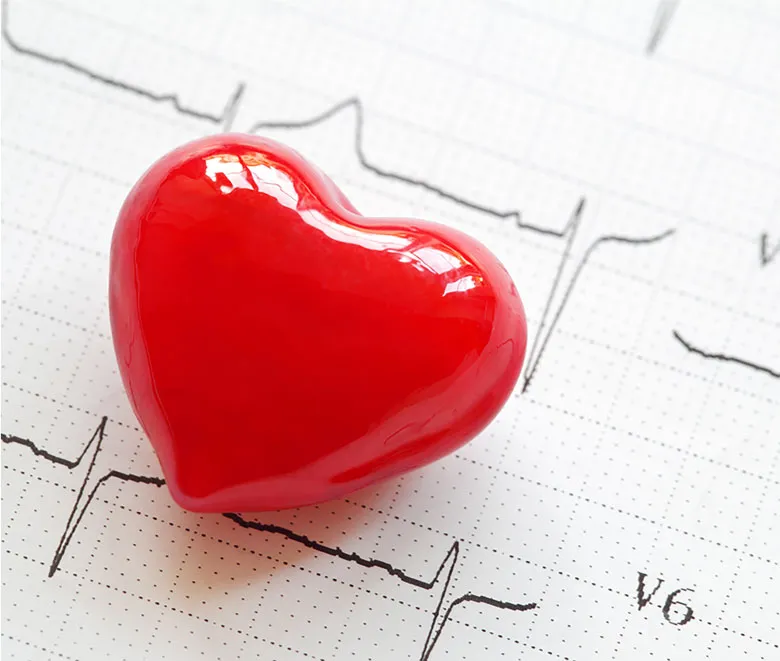
ACHIEVEMENTS

CATTLE MARKETS
Following Animal Equality’s investigation in cattle markets, the Ministry of Environment and Forests has introduced the Prevention of Cruelty to Animals (Regulation of Livestock Markets) Rules 2017, which restricts the sale of cows and buffaloes for meat at animal markets.
BAN ON FOIE GRAS
In India, Animal Equality campaigned to ban foie gras on the grounds that the process was cruel and extremely painful for ducks. The campaign resulted into the government banning the import of foie gras.
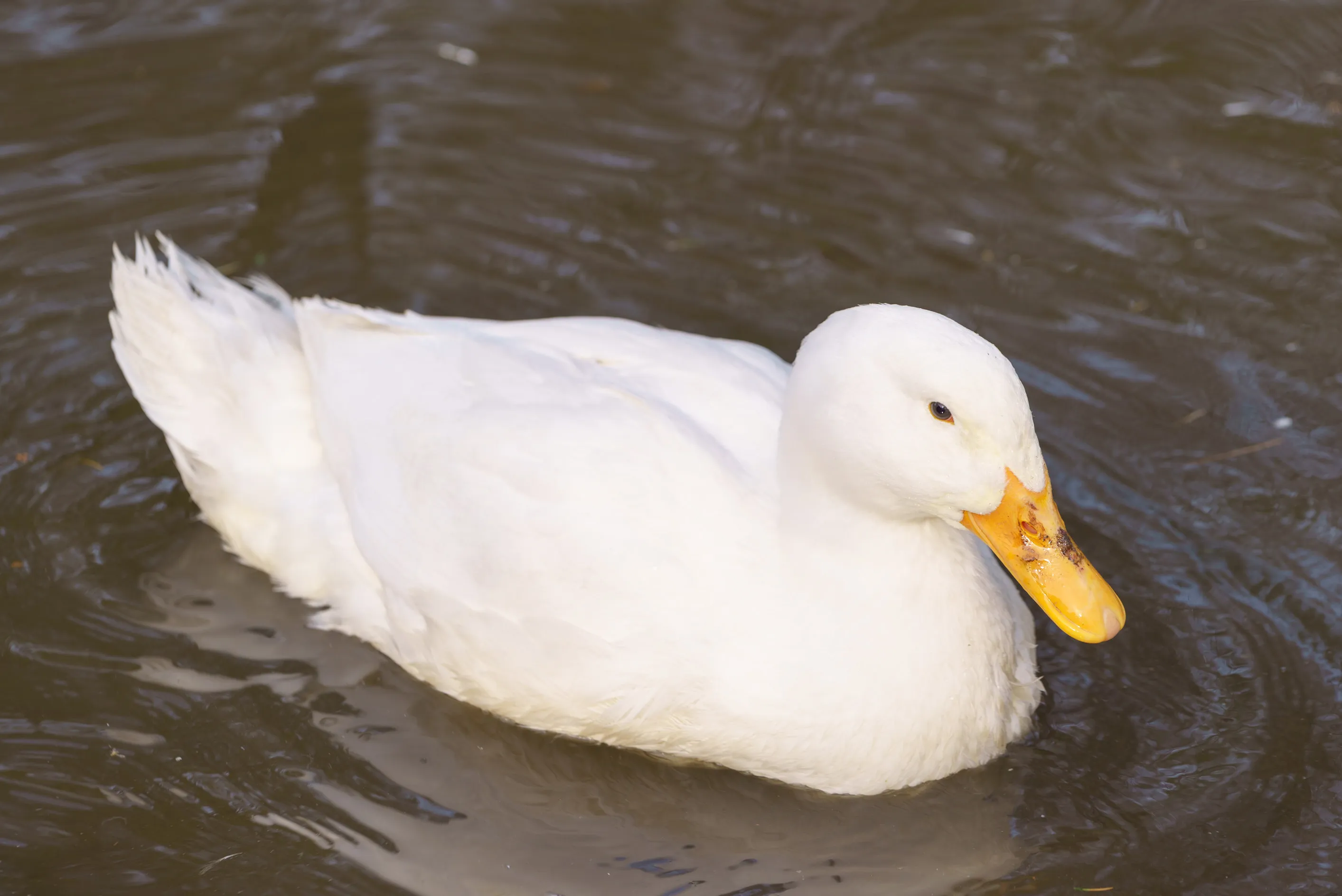
WHAT CAN I DO TO HELP?
Helping farmed animals is now easier than it has ever been. A lot of Indian cuisine is naturally vegetarian and can be easily veganized. Cutting back or cutting out your consumption of meat will significantly reduce animals’ suffering, help the planet, and improve your health.
